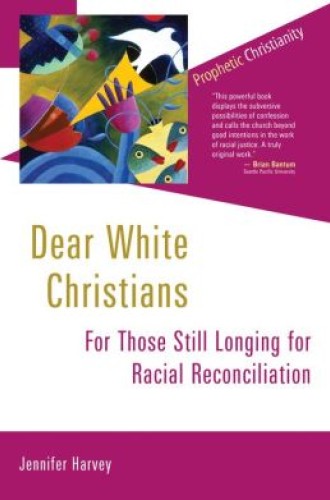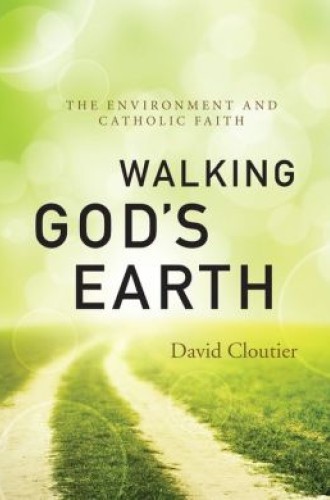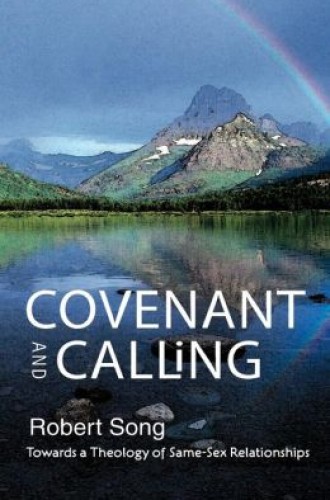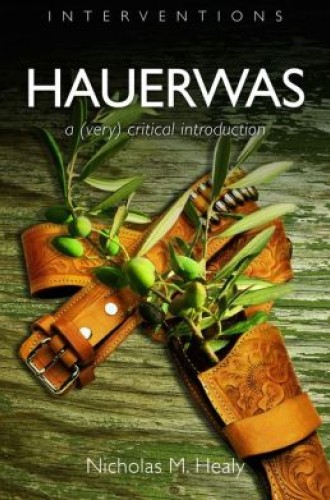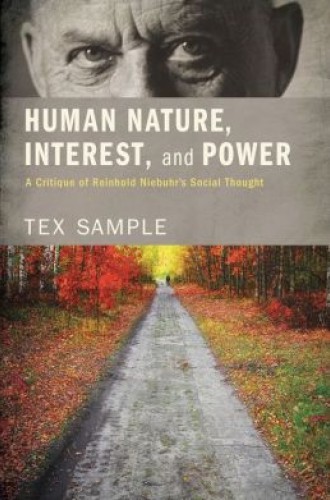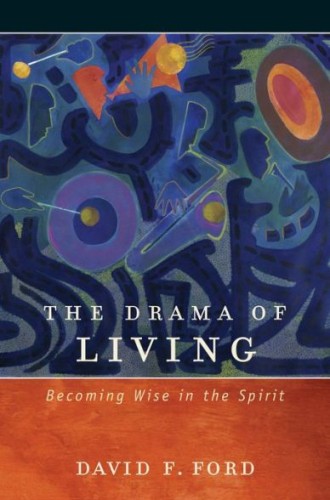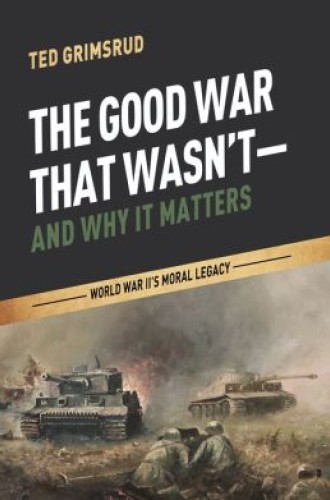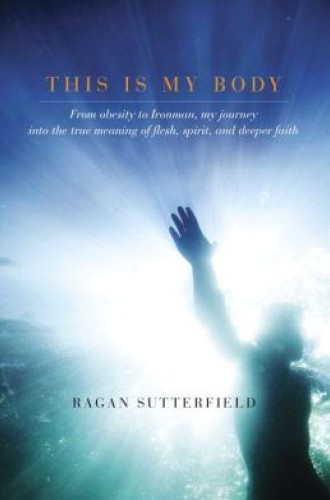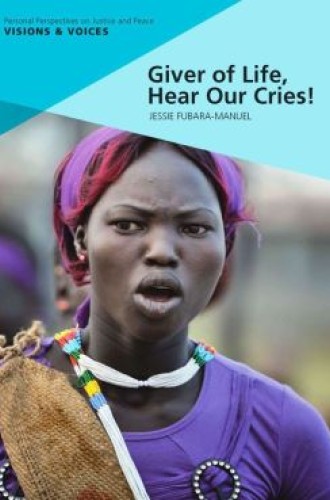Ethics
Dear White Christians: For Those Still Longing for Racial Reconciliation, by Jennifer Harvey. Harvey believes that reconciliation is so desirable that we must abandon the “reconciliation paradigm.” Why? Because it fails to diagnose the situation truthfully: it obscures history and occludes whiteness, and thus undermines our ability to work at real reconciliation. The answer, she brilliantly argues, was originally proposed by the Black Power movement: only a “reparations paradigm” can address our past and present with any realistic hope of rectification. This book is the right place to start that conversation.
Walking God’s Earth: The Environment and Catholic Faith, by David Cloutier. Explicitly Catholic in the best sense, this lovely book speaks to all Christians, from its opening invitation to walk mindfully through creation’s wondrous variety to its concluding exhortation to consecrate the world. Cloutier elegantly balances four chapters that display the theological roots necessary for environmental faithfulness with four chapters that reveal the deep patterns of life that will require reconfiguration.
Covenant and Calling: Towards a Theology of Same-Sex Relationships, by Robert Song. A good work of ethics views the tradition and the times through the lens of the gospel of Christ’s resurrection. In the process of unsettling well-rehearsed arguments on both sides of the same-sex marriage debate, Song’s very good work of ethics attends to “the significance of the advent of Christ for sexuality.” Acknowledging that Christ’s coming affirms that marriage is oriented in creation toward procreation, Song develops with nuance and insight his proposal that Christ’s advent makes eschatological time for nonprocreative, convenanted same-sex partnerships. In a pastorally astute final chapter, Song explores the question of whether to call such partnerships marriage.


